As a rabbit owner, you want your furry friend to be happy and healthy. However, sometimes it can be difficult to tell if your rabbit is in pain or discomfort, especially since they are known to hide their symptoms. That’s why it’s crucial to know the warning signs that your rabbit may be experiencing pain or discomfort. In this guide, we’ll highlight five common signs to look out for so that you can quickly identify if your rabbit needs medical attention. So, let’s dive in and learn how to keep our beloved bunnies happy and healthy.
Rabbits are one of the most popular household pets in the world. They are cute, playful, and highly intelligent animals that are relatively easy to care for. However, one of the biggest challenges that rabbit owners face is recognizing when their pets are in pain or discomfort. Unlike dogs or cats, rabbits are very good at hiding their pain, which makes it difficult for their owners to detect when something is wrong. In this blog post, we will discuss the top five warning signs that your rabbit is in pain or discomfort.
1. Changes in Eating Habits
One of the most common warning signs that your rabbit is in pain or discomfort is a change in their eating habits. Rabbits have a very delicate digestive system, and any pain or discomfort can quickly lead to a loss of appetite. If your rabbit is eating less than usual or not eating at all, it could be a sign that they are in pain.
2. Changes in Behavior
Rabbits are very social animals, and they love to play and interact with their owners. If your rabbit suddenly becomes less active or starts to hide away from you, it could be a sign that they are in pain or discomfort. Other changes in behavior to look out for include aggression, excessive grooming, or a lack of interest in their surroundings.
3. Changes in Posture
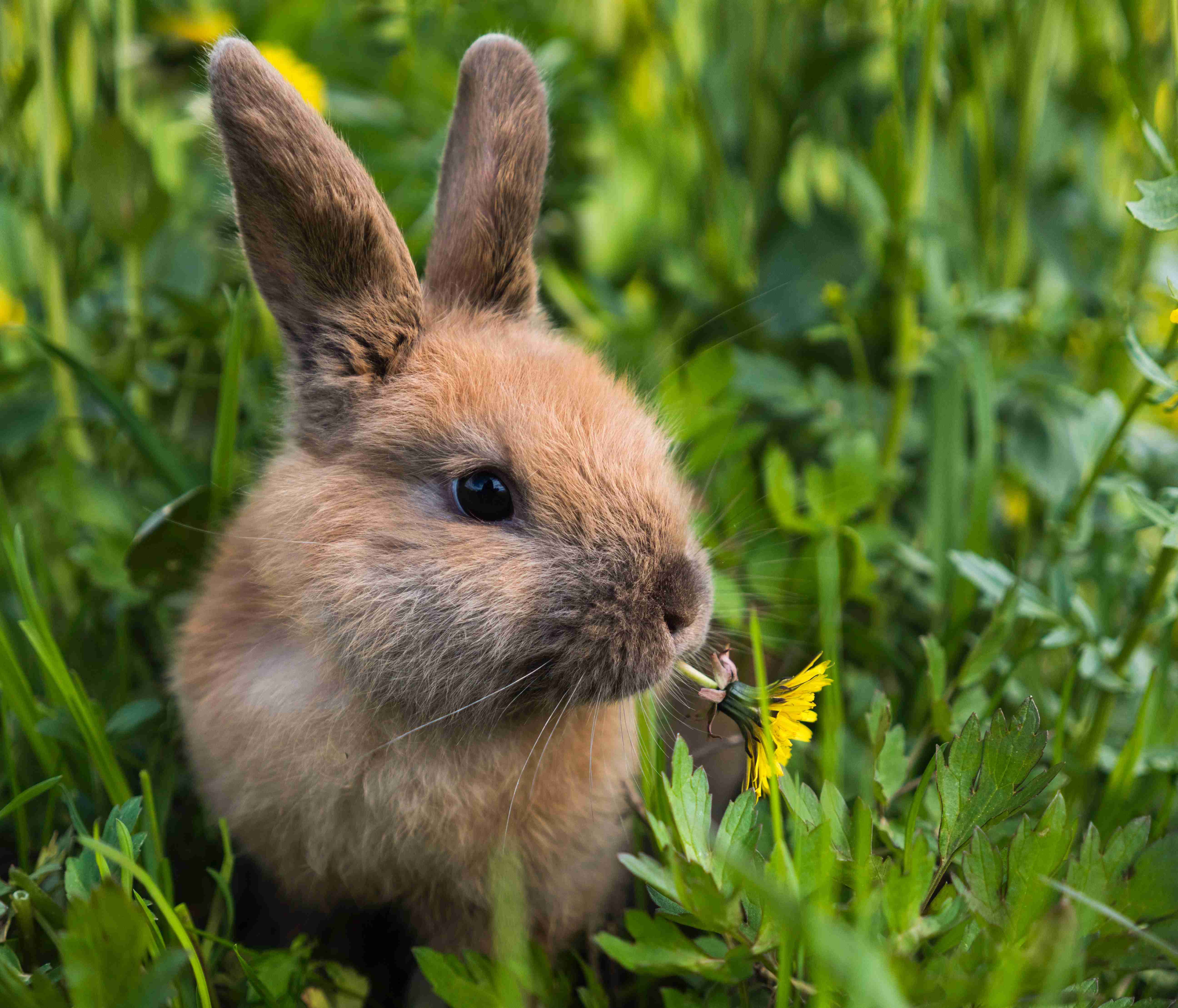
Rabbits are very expressive animals, and their body language can tell you a lot about how they are feeling. If your rabbit is hunched over or lying down more often than usual, it could be a sign that they are in pain. Other changes in posture to look out for include an arched back, a reluctance to move, or an inability to stand up straight.
4. Changes in Breathing
Rabbits have very sensitive respiratory systems, and any pain or discomfort can quickly lead to breathing difficulties. If your rabbit is breathing heavily or seems to be struggling to catch their breath, it could be a sign that they are in pain. Other changes in breathing to look out for include wheezing, coughing, or sneezing.
5. Changes in Urine or Feces
Changes in your rabbit’s urine or feces can also be a sign that they are in pain or discomfort. If your rabbit’s urine is darker than usual or has a strong odor, it could be a sign of a urinary tract infection or other health problem. Similarly, if your rabbit’s feces are softer than usual or have a strange color or odor, it could be a sign of digestive issues or other health problems.
Overall, being able to recognize the warning signs that your rabbit is in pain or discomfort is essential for all rabbit owners. By paying close attention to your rabbit’s behavior, posture, eating habits, breathing, and urine or feces, you can quickly detect any potential health problems and seek veterinary care if needed. Remember, the sooner you detect and treat any health problems, the better the chances of a full recovery for your furry friend.
In conclusion, as a responsible rabbit owner, it’s crucial to keep an eye out for any signs of pain or discomfort in your furry friend. Remember, rabbits are master at hiding their pain, so it’s essential to be vigilant and observant of any changes in behavior or routine. By following the tips and advice in this guide, you can help your rabbit stay healthy, happy, and pain-free. Always remember to seek veterinary help if you suspect your rabbit is experiencing any discomfort or pain. With proper care and attention, your rabbit can lead a long, healthy, and pain-free life.


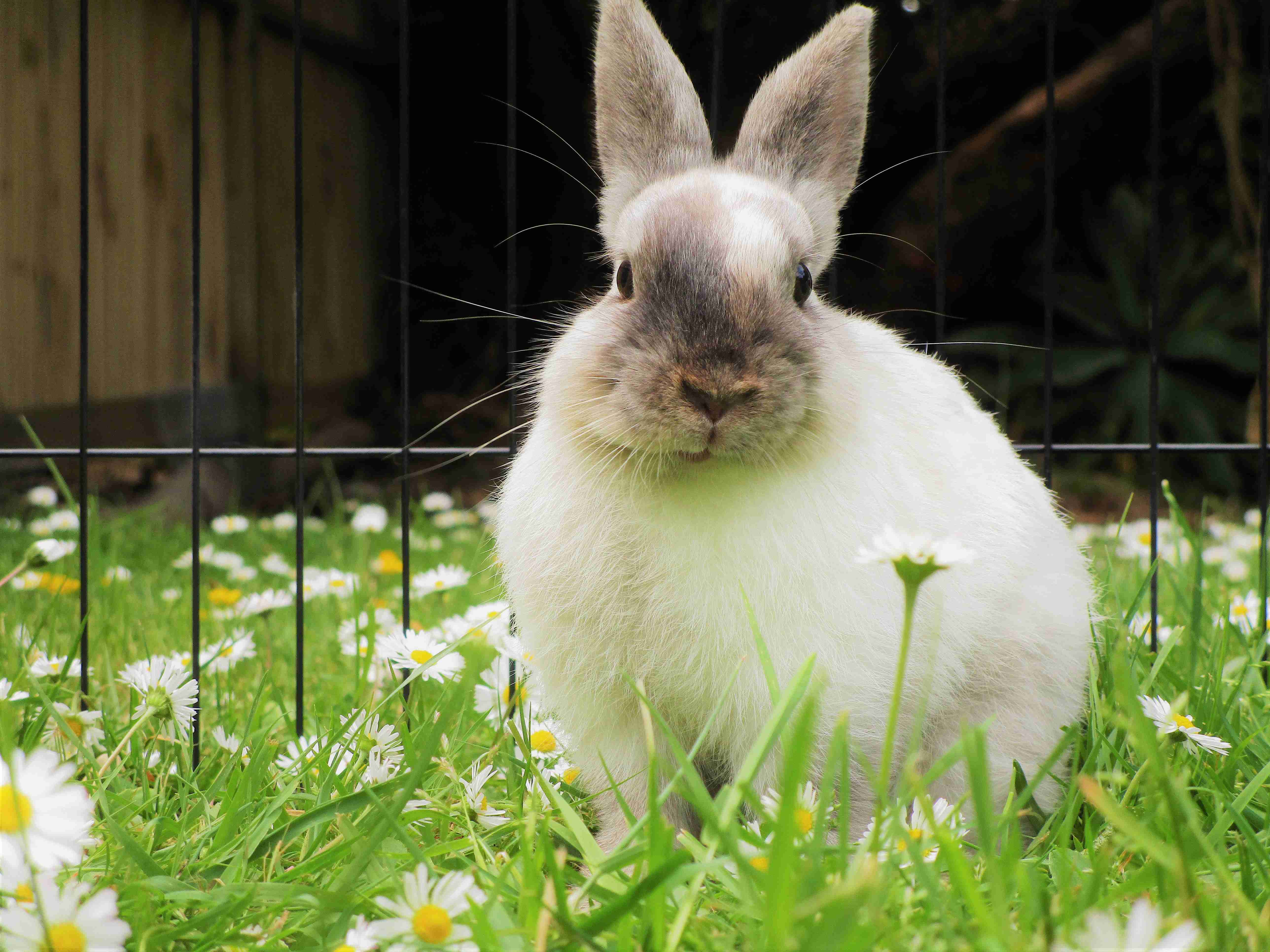
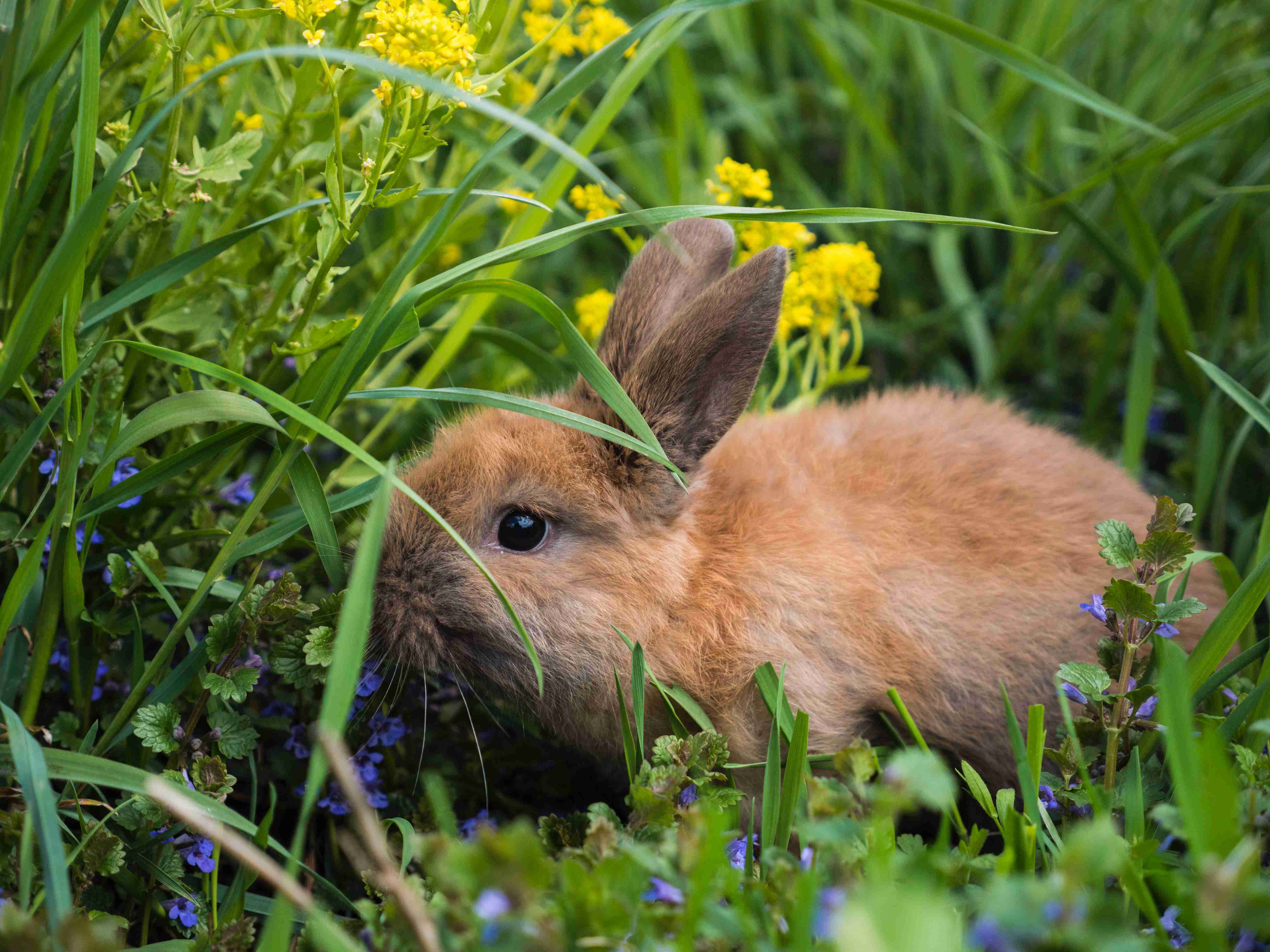
.jpg)
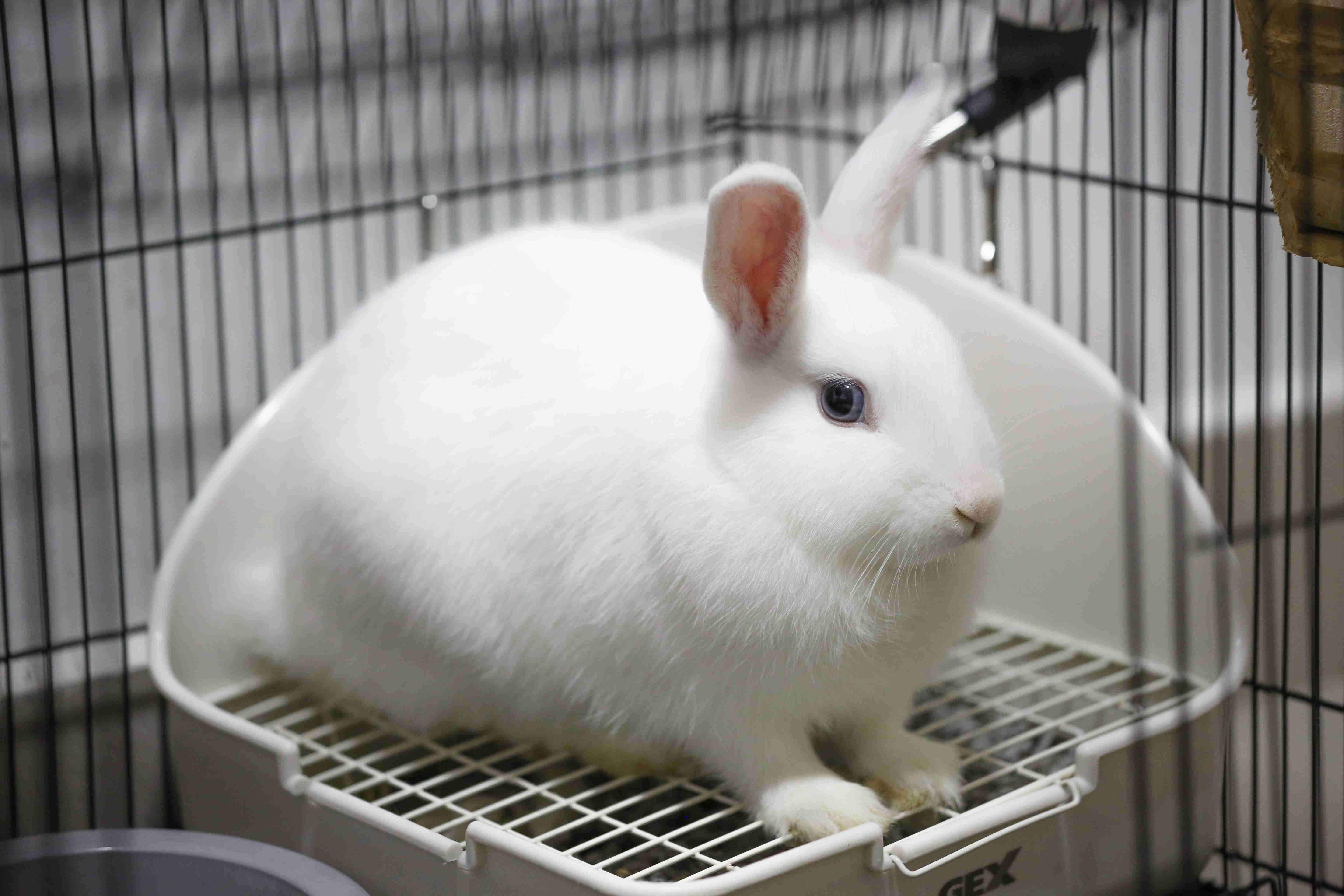
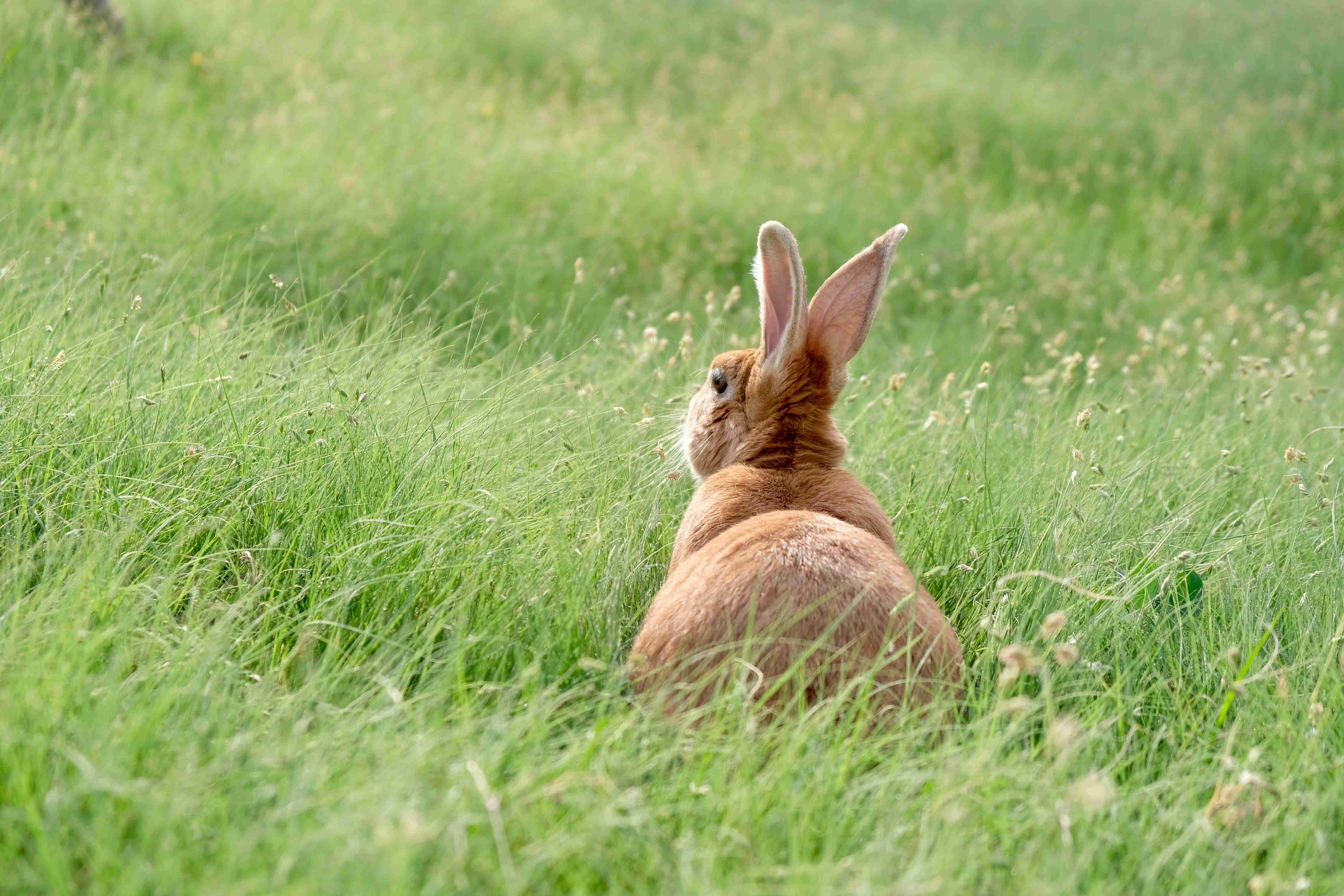
.jpg)